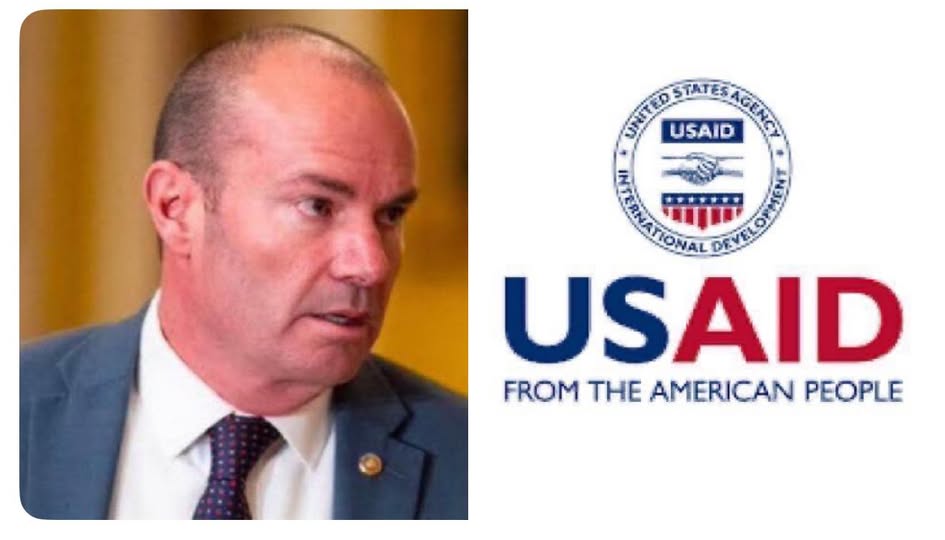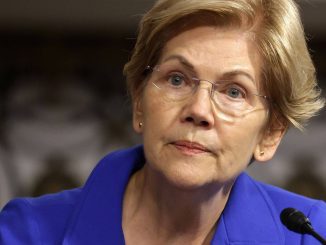
WASHINGTON — Senator Mike Lee (R-Utah) introduced a bold new bill on Thursday that would redirect $2 billion from USAID to build housing and medical facilities for veterans, igniting a fierce debate over federal spending priorities. The proposal, which taps into widespread support for veterans, comes at a time of heightened scrutiny over the U.S. government’s international commitments.
The legislation targets USAID, the agency overseeing U.S. foreign aid, which funds global health, disaster relief, and development programs. With an annual budget typically above $20 billion, USAID plays a key role in advancing U.S. diplomacy and soft power. But Lee, a fiscal conservative, argues that the money would be better spent at home. “Our veterans deserve better than what they’re getting,” he said in a statement. “It’s time we prioritize those who’ve sacrificed for our country over foreign projects.”
The $2 billion would go toward addressing critical needs for veterans, a group long plagued by homelessness and inadequate healthcare. Recent data from the Department of Veterans Affairs shows around 35,000 veterans are homeless on any given night, with many more struggling to access quality medical care. Lee’s plan could fund new VA hospitals, mental health clinics, or affordable housing, offering a lifeline to those in need.
But the proposal has sparked alarm among foreign policy advocates. Cutting $2 billion—about 10% of USAID’s typical budget—could force the agency to scale back vital programs, from disaster aid to anti-malaria efforts in Africa. “This isn’t just about dollars; it’s about America’s role in the world,” said Emily Carter, a policy analyst at the Global Development Council. “Slashing USAID’s budget risks destabilizing regions we rely on for security and trade.”
The bill aligns with the “America First” ethos of the Trump administration, which has already stirred controversy with policies like the recent 104% tariffs on Chinese imports. Lee’s move also comes amid other domestic-focused legislative efforts, such as the House’s passage of HR 1526 to limit judicial power. By framing the bill as a choice between veterans and foreign aid, Lee is betting on a populist wave that resonates with voters frustrated by international spending.
Still, the proposal faces an uphill battle. Democrats and some moderate Republicans are likely to push back, arguing that USAID’s work bolsters national security by promoting global stability. They may also question why veterans’ needs can’t be met without cutting foreign aid, pointing to other budget areas for potential funding. If the bill passes, it could face legal challenges from groups who see it as undermining America’s global commitments.
For now, Lee’s legislation has thrust the tension between domestic and international priorities into the spotlight. It promises tangible support for veterans but risks weakening U.S. influence abroad. As the bill heads to committee, it’s clear the debate over how to balance America’s obligations at home and overseas is far from settled. For veterans watching closely, the outcome could mean the difference between a roof over their heads and another night on the streets.


